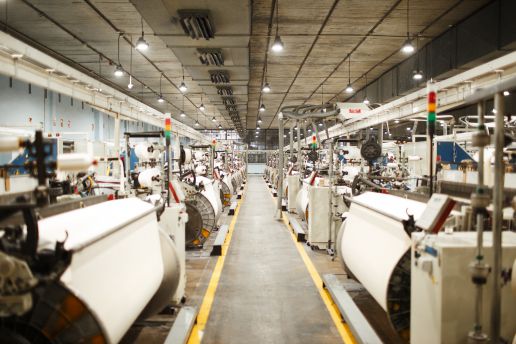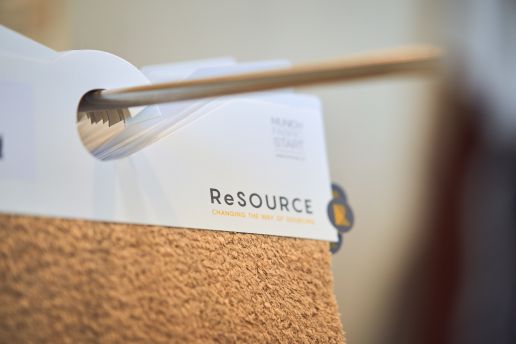No Wastage
Tejidos Royo: Driving The Textile Revolution with DRY INDIGO®

Tejidos Royo is the engine of the current Industrial Textile Revolution with the development of Dry Indigo® technology. After 11 years of research, in collaboration with Gastón Systems Inc. and Indigo Mill Designs (IMD), they have managed to modify the conventional Indigo dyeing process, eliminating water consumption. Dry Indigo® uses foam for application. Thanks to this, they use 0% of water in the process, totally eliminating the discharge of wastewater, reduce energy use by 65% and 89% of chemical products. An ECO-TECHNOLOGY certified by AITEX (2019AP0053).
Thanks to this innovation, Tejidos Royo was able to launch the One Million Liters project. A revolutionary initiative with a clear concept: donate 1 million liters of water saved thanks to the Dry Indigo system to social causes that need this resource to live. In 2019, the first million liters saved were delivered to UNICEF. For 2020 their goal was to involve the industry and consumers through an international competition, inviting them to choose the cause to donate the second million liters. In January 2020, the winner will be revealed.
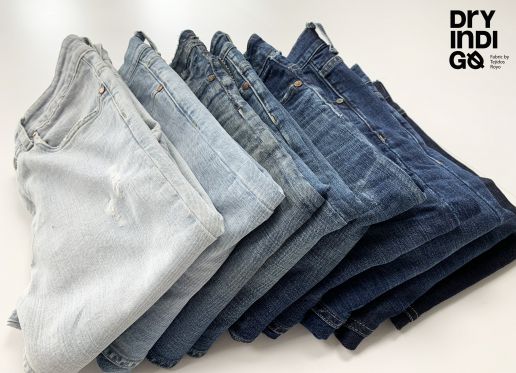
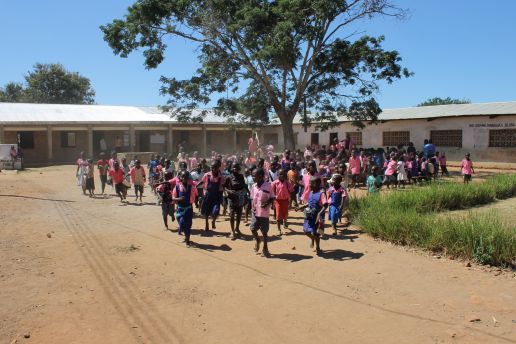
One Million Liters Now Has a Beneficiary
Two months after its launch, the One Million Liters initiative now has a beneficiary, the Chakaka Primary School in Benga, Malawi. The school’s nearest well is 500 metres away, and the amount of water it provides is not enough for the more than 1,500 boys and girls at the school, as the well it is shared with a large local community.
The project aims to resolve these problems by drilling a new well and installing a pump that ensures a permanent supply of drinking water at the school. As a result, the school will have all the water it needs for drinking and cooking, as well as to clean the classrooms, toilets and kitchens, thereby improving hygiene and sanitation which is necessary in order to prevent the spread of diseases.
This is the culmination of Tejidos Royo’s first initiative to raise awareness of how changing one part of the manufacturing process not only makes a big difference to the industry but also contributes to a good cause. Dry Indigo® is a great milestone in this regard and Tejidos Royo hope that it will inspire both the sector and brands in the development of technologies that contribute to making our industry much more responsible with the environment.
Visit Tejidos Royo at BLUEZONE on February 4 – 5 2020 in Munich.
Spain – Hall 6 | C03
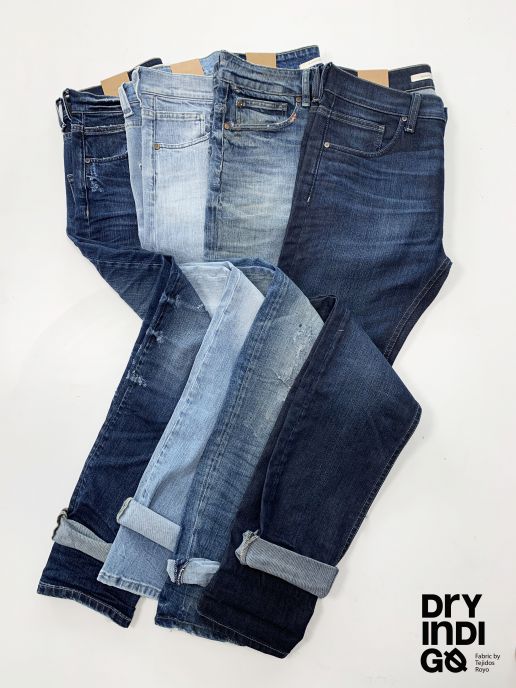
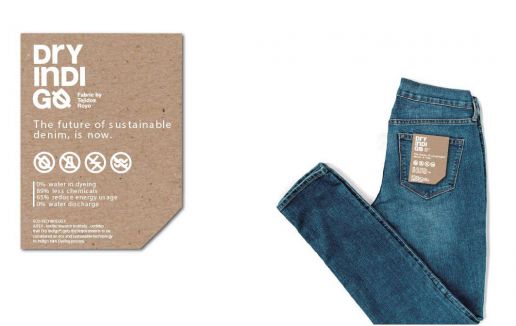
Sustainable Standards Guaranteed at ReSOURCE
With increasing importance placed on sustainability, the need to guarantee truly sustainable standards is in greater demand by buyers and brands. Ahead of their showcase at ReSOURCE at the next edition of MUNICH FABRIC START, we interviewed representatives Heike Hess of the International Association of Natural Textiles (IVN) and Franziska Dormann of Global Organic Textile Standard (GOTS).
Briefly, IVN awards two quality seals for ecologically produced products: NATURTEXTIL and NATURLEDER. For both seals, the association has defined parameters that have become a standard in the industry. The association is co-owner of GOTS, the worldwide standard for the production of sustainable textiles on an industrial scale.

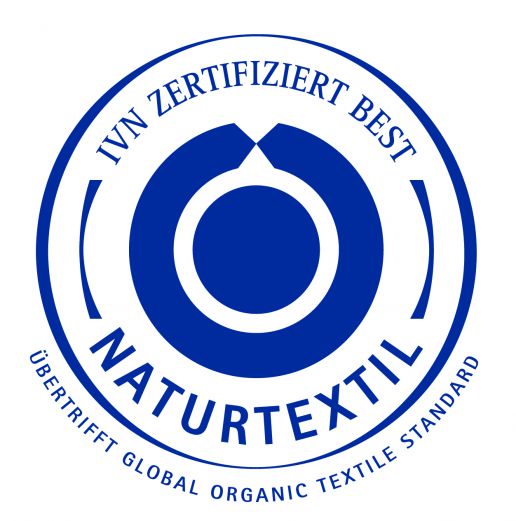
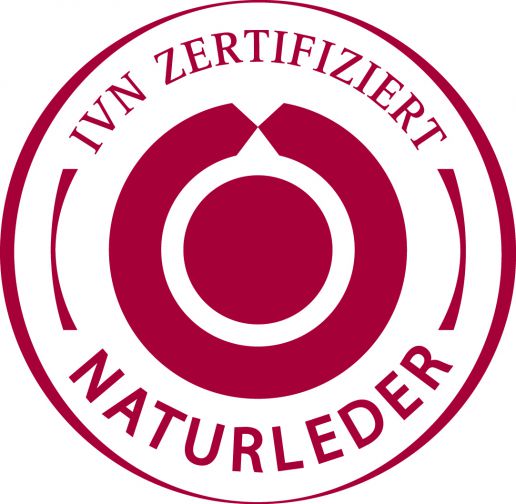
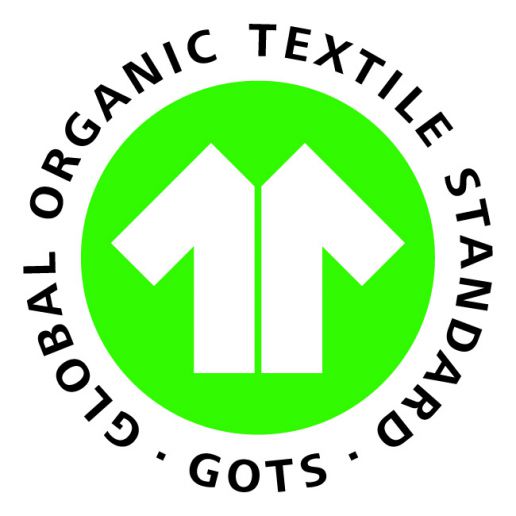
What is the most frequently asked question at the beginning of a consultation?
GOTS: Often it begins with a general introduction to the Global Organic Textile Standard, i.e. What is covered by the standard? How is this ensured? By reviewing the strict social and environmental criteria throughout the entire textile supply chain – from the fields to the wardrobe – GOTS guarantees safety and transparency for the consumer. The independent certification ensures credibility compared to mere self-explanatory statements.
IVN: Most visitors ask us for certifications and seals. How to get certified, which fabrics and accessories must be sourced to reach IVN BEST or GOTS requirements or how do our seals differ from others founds in ReSOURCE, register here.
What changes do you want brands to make in the next 5 – 10 years to bring about and anchor sustainable aspects of the textile industry?
GOTS: I think most people have recognized the importance and urgency of this because no one can fly under the radar for long. Sustainability interests those who have to justify themselves the most. For us, these are the brands that sell. Everyone involved is interested, the question is which actions follow? In industry, the spectrum ranges from greenwashing to genuinely practiced sustainability. Consumers range from lip service to showing a real willingness to spend more on sustainable products.
IVN: Many buyers, especially brands, are looking for certified fabrics. The selection of certified fabrics made with natural fibres in ReSOURCE is quite large, but for synthetic and regenerated fibres there is a lack of products that have been awarded truly sustainable seals. I would like to see more interest from the brands here, which would result in a stronger commitment on the part of the fabric suppliers.


How has the brands’ approach to research and purchasing changed over the last seasons?
GOTS: The trade fairs, as well as specific enquiries by e-mail, have resulted in more and more brands wanting to find out which suppliers are already GOTS-certified. Here I refer to the public database with almost 6,000 certified companies. Many companies that are interested in GOTS want to continue working with their existing suppliers and therefore jointly go the way of gaining certification of their entire supply chain.
IVN: You can clearly see that the topic of sustainability is becoming increasingly important for brands. Visitors at ReSOURCE are better prepared and ask more concrete questions. Many are looking for specific products and have clear expectations about what a fabric should be like. The typical length of time brands exhibit in the ReSOURCE area has definitely increased. More and more buyers who do not explicitly belong to sustainable companies are also showing interest in the products exhibited at ReSOURCE.
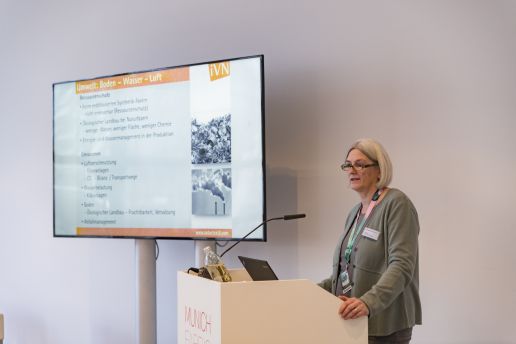
What are the specific challenges facing a future-oriented fashion industry?
IVN: The challenges vary depending on the size and orientation of the fashion companies. Smaller brands – especially in the sustainable segment – have problems finding certified suppliers who also supply small quantities. Larger companies use many different materials and accordingly many different suppliers. It is difficult to have an overview of the entire supply chain up to your own company, especially if you attach importance to a certain level of sustainability held by suppliers and sub-suppliers. It is still a challenge to reconcile certification and sustainability with the profitability of products. For particularly fashionable brands, it is still challenging to find exclusive or unique fabrics and additionals in sustainable qualities. There are certainly some other challenges, but overall it is more important that today means making sustainable fashion easier and more profitable than it was a few seasons ago.





